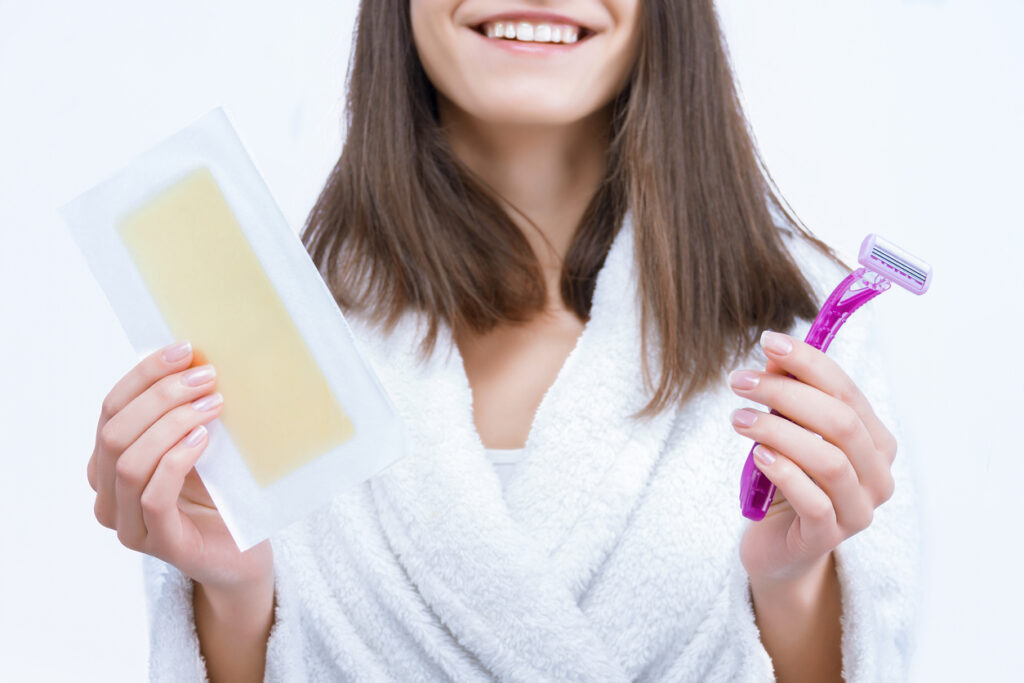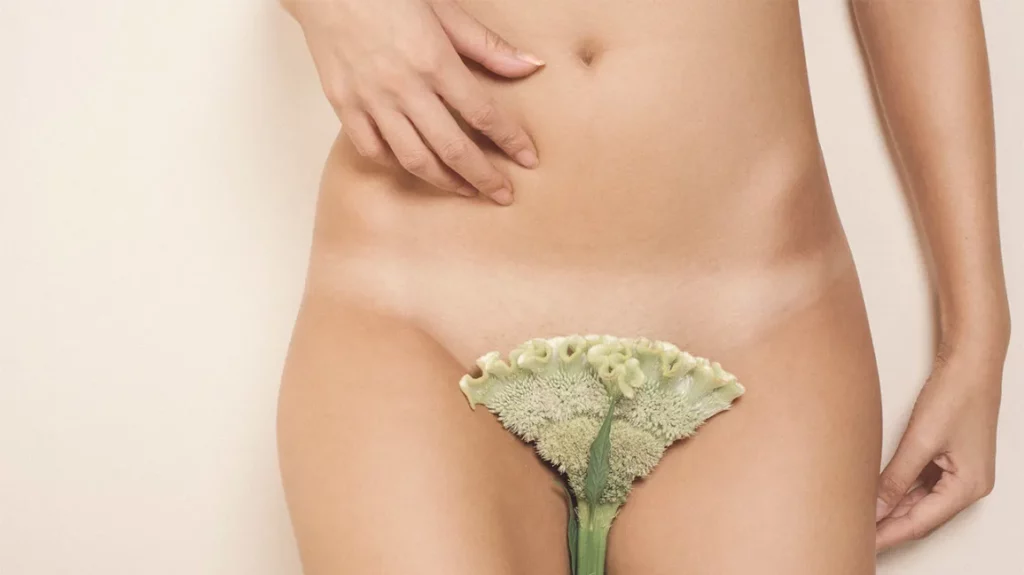A study published in JAMA Dermatology regarding women’s pubic hair grooming practices has people abuzz. This cosmetic act needs a formal medical name because “clamscaping” just doesn’t work on grant applications. Although why the authors couldn’t go with hair removal, I don’t know. The study wasn’t about styling, it was about removal. The study even made it into the New York Times. And yes, my first ever quotes in the Gray Lady were about pubic hair.
The study’s findings are no surprise to me. The majority of women have done some kind of pubic hair removal, and it’s more common among younger, white women with some college education or a bachelor’s degree. But I have heard women say they remove their pubic hair because it’s gray and they don’t want to appear older. It also doesn’t surprise me that 40% of women felt they needed to groom before going to the gynecologist and that 59% of women thought it was more hygienic or cleaner. We don’t know much about the physical ramifications of pubic hair removal.
Pubic hair is like eyebrow hair — we have it for a reason. Pubic hair is a physical barrier for the genital skin and traps dirt and debris, just as eyebrow hair protects the eyes from sweat. We are a fine-tuned product of evolution and almost everything we have serves a biologic purpose. We do know that women can get ingrown hairs, abscesses and injuries from pubic hair removal. But if women remove all of their pubic hair chronically or permanently, are they more prone to develop irritation of the vulva?

I believe that I see more issues with chronic vulvar irritation (lichen simplex chronicus) among women who remove all their pubic hair regularly, but I admit that’s an observation that needs validating or refuting. Anecdotally, I also see a lot of women with chronic genital irritation after laser hair removal. Hair also has mechanoreceptors (touch receptors) around the follicle, so stroking parts of the body with hair feels different compared with stroking hairless areas.
Does removing pubic hair physically change the way touch is perceived on the genitals for better or worse? Could removing pubic hair affect bacterial and yeast colonization on the skin? We also don’t know if removing pubic hair is driving the increased trend in labial reductions. Without pubic hair, the labia minora often appear more prominent. As far as the health ramifications of pubic hair removal are concerned, we don’t know what we don’t know.
My advice is: whatever you do, be cautious about doing something permanent. You should think about your pubic hair like you think about your eyebrows. No physician would ever say removing eyebrows is beneficial medically. When I get my eyebrows waxed, I do it because I like a nice arch. If I didn’t groom my brows, it would look like I had a feral mouse laying atop each eye. I choose to wax because when I tweeze, I overdo it.
I don’t thread because there are reports of wart virus (human papilloma virus) transmission from esthetician to customer. I choose a salon that does not double dip in the wax. This time, I had a different esthetician and my eyelid was burned in two spots. I put on my big girl panties and accepted that I made a choice. There was a consequence to that choice, and I am ok with it. Next time, I will not book a last-minute appointment.

I would never wax my eyebrows — or anywhere else — because of some guy (or girl), but that’s me. It took me a while to learn that I wax for me. I have done many cosmetic things in the past for men and I regretted every single one. In my opinion, if your partner has ideas about how you could “look better,” then they aren’t invested in you — they are invested in themselves or it’s about control. I wear make-up for me, I dress up for me and I wax my eyebrows for me. I’ve been divorced twice, so I’m not exactly a relationship guru, but your partner should value what makes you happy and comfortable. Women receive so many negative messages about looks.
The person who claims to love you shouldn’t be adding to that shit show. Pubic hair removal is personal and cosmetic, not medical. If a woman likes how she looks with no pubic hair, great. If she prefers business on top and party down below (think a reverse mullet), great. If she likes a modest bikini shape, great. If she likes au naturel, great. Whatever she likes and makes her feel best is great. We don’t know if removing pubic hair is health-neutral or if there are potential downsides, so that’s something to keep in mind. Sure, you might be less likely to get pubic lice, but we don’t suggest every kid 12 and under have their head shaved regularly to prevent head lice. This doesn’t mean you shouldn’t remove your pubic hair. It simply means, don’t do it for your gynecologist or because you think it is healthier. If you choose to remove your pubic hair, do it because it pleases you cosmetically or sexually and you accept that there is a small potential for injury and some possible unknown consequences of chronic, long-term removal.

